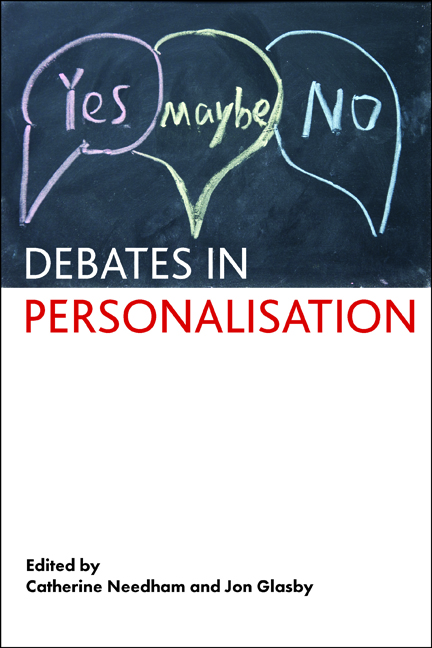Book contents
nineteen - Conclusion: glass half full or glass half empty?
Published online by Cambridge University Press: 04 March 2022
Summary
Throughout history, most revolutions fail in the first instance. Some never really ignite and others end with a whimper in a short space of time. However, even revolutions that seem to be ‘successful’ at the time often fail to bring about anticipated results. Sometimes this is because previous elites are unwilling to give up power and find ways of going with the flow in the short term, but quietly re-emerge near the top of the new system. ‘Turkeys do not vote for Christmas’, as the popular saying goes, and it is rare to find a ruling group that voluntarily gives up power. On other occasions, the different groups demanding change can have much in common at a superficial level when united by a common enemy – but ultimately have different aims and objectives that become more apparent after the common enemy has been defeated. At the same time, many of the initial revolutionaries are charismatic or powerful personalities that others want to follow – but the same traits can make it easy for people to fall out after the event and for previously coherent movements to fragment amid significant jockeying and personality clashes.
This is probably an overly grandiose way to start the concluding chapter to this book – but many of the contributors to this edited collection do appear to suggest that the personalisation agenda has not led to the revolution (or at least to the subsequent long-term changes) that many people seem to have been hoping for. For Victoria Hart, personalisation has ‘over-promised and has under-delivered’, while Peter Beresford describes various potential ‘traps’. For Simon Duffy, a key figure in the development of self-directed support, we have ended up with ‘a mixture of the good, the bad and the ugly’ at best – or ‘“zombie” personalisation’ at worst. Moreover, some of the changes that have taken place under the banner of ‘personalisation’ might not only fail to deliver the positive changes anticipated, but could also actually make things worse. Thus, Helga Pile warns of the negative impact that there could be for staff and service users, Lucy Series describes a worrying lack of transparency and a series of legal tensions around resource allocation and Colin Slasberg debates a potential threat to the universalism of the NHS.
- Type
- Chapter
- Information
- Debates in Personalisation , pp. 185 - 192Publisher: Bristol University PressPrint publication year: 2014



